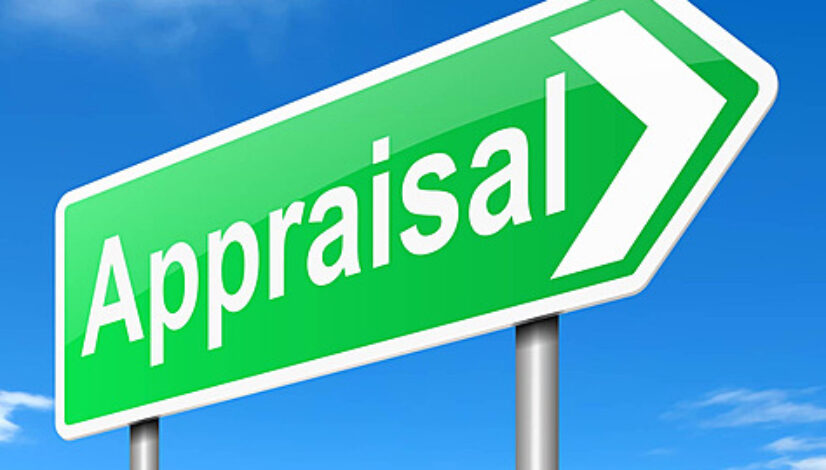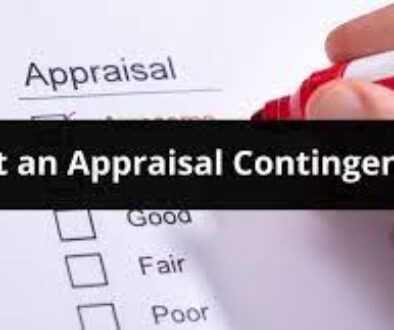Appraisal
Appraisal
How Much Does A Home Appraisal Cost (And Who Pays)?
A home appraisal can cost anywhere in the $600 – $2,000 range. You’ll pay less for a single family home appraisal than a multifamily home appraisal.
Even though most lenders require an appraisal as a condition of a loan closing, the buyer pays for the appraisal unless they negotiate for the seller to pay instead. The amount a buyer pays for an appraisal depends on various factors, including the size of the home, the home’s location and the amount of property research that the appraiser ends up doing before they issue a final value report.
Keep in mind that if the property is on a very large plot of land, the appraisal cost will be more because the appraiser often surveys the boundary lines of the property to make sure the listed square acreage is correct.
Buyers can also expect to pay a higher appraisal fee in a very rural area, simply because fewer appraisers are working in these areas. This might mean a longer wait for an appraisal. If you have any questions about how much your appraisal will cost, consult your mortgage lender.
How Long Does A Home Appraisal Take?
Several factors determine how long an appraisal takes. These include the type of appraisal your lender orders and the laws of the state where you live. The home appraisal process can take anywhere from several weeks to a few days from start to finish.
The inspection itself can last 15 minutes to several hours, although, as noted, longer physical inspections have become less common.
Home Appraisal Tips For Buyers
An appraised value that doesn’t match your purchase price could mean trouble. If the house appraises for less than you’ve agreed to pay, you may find yourself having to bring more cash to close or negotiating with the seller to make the deal work. In some cases, a low appraisal could force you to walk away from the home. If you’re buying a home, here are a few tips to help you prepare for and get through the appraisal process.
Avoid Offering Too Much Over The Asking Price
A hot market can force buyers to make offers well above the asking price. In some cases, buyers may end up agreeing to pay much more than the home is actually worth. If you have extra money to bring to the table, this might not be a problem, but if you don’t have extra cash on hand, a low appraisal might mean you can’t get financed. To avoid this scenario, you need to know the market. Keep an eye on comparable sales and hire a great real estate agent who knows the area well.
Appeal The Appraisal If Needed
Do you think the appraiser made an error? You may be able to appeal the decision.
Review the appraisal report to make sure everything checks out. Did they note all the property details correctly? Are the comparable properties cited in the report too far away from the home you’re buying? These may be grounds to dispute the appraisal. To start the appeal process, contact your lender.
Don’t Let It Stress You Out
The appraisal results are out of your hands, so as the buyer, all you can really do is hope the outcome is to your liking.The appraisal is in place to protect you and your lender from overpaying for a home – so a low appraisal could be a blessing in disguise.
Home Appraisal Tips For Sellers
When selling your home, it’s important that the home doesn’t appraise for significantly less than the buyer agreed to pay. Unless you have a cash offer, a low appraisal could be a deal-breaker. Here are some ways to help your home appraise for the right amount.
Provide An Offer List
If you received more than one offer for your home, let your appraiser know. Multiple offers can show the appraiser that your home was priced well. Provide the appraiser a list with each offer you received.
Attend The Appraisal
As the seller, you’re allowed to be present when the appraiser does their walk-through. Accompanying the appraiser gives you the chance to point out any upgrades, improvements or particularly charming design features. This is your chance to make sure the appraiser doesn’t overlook those fantastic new cabinets or countertops you just installed. Even small upgrades can help your home appraise for a higher amount.
Tidy Up
You can’t change your home’s square footage or location, but you can – with a few affordable home renovation tricks – make your home look bigger, brighter and more valuable.
Provide Comparable Properties
If you or your agent are aware of recent sales that could be considered in the report, provide them to your appraiser. Search public records for homes with a final sale price close to what you asked for your home. You can present this list to the appraiser when they arrive at the property.
Home Appraisal Tips For Refinancers
When you’re refinancing, you’ll want to get the highest appraisal value possible. A low appraisal value could keep you from refinancing, but a high appraisal value means more equity for you – which could mean more cash out or better loan terms. Increase your chances of a high appraisal value by reviewing our refinance appraisal checklist and taking the following steps:
Get An Outside Opinion
Your home is full of memories, which may make you blind to any defects in your home. Have a friend or family member examine each room in your home and point out areas that can be improved. Sometimes, a new set of eyes is just what you need.
Declutter
A thorough decluttering will help each room look more put-together. While your appraiser shouldn’t assess your home’s value based on the amount of clutter or mess, they may see your home favorably if everything’s put away nicely. The absence of clutter also shows them you’re not trying to cover up any potential flaws or defects in the property.
List Upgrades And Improvements
Upgrades and improvements can increase your property’s value, but the work you’ve done may not always be obvious. Did you get a new air conditioner? Replace the windows? Add new landscaping? Provide your appraiser with a list of upgrades you’ve made so they can consider these items in their report.
Keep in mind, though, that these must be improvements that impact value. If you didn’t previously have an air conditioner, the addition of central air adds value, for example. However, if you replace a broken air conditioner, that’s considered maintenance and doesn’t add to the home’s value.
Home Appraisal FAQs
Navigating the home appraisal process can be confusing and stressful. To help you feel better prepared, here are answers to some of the most frequently asked questions.
How long will the appraisal process take?
It depends on the type of appraisal your lender orders. However, in most cases, it will take around a week – and maybe a little longer – for the appraiser to assess the property and prepare the report.
Do I really need to get a home appraisal?
If you’re refinancing your existing home or using a mortgage to pay for a new one, your lender will likely require you to get an appraisal before you can close on the loan. However, if you’re buying a house with cash, a home appraisal isn’t an absolute necessity. Keep in mind that it’s still a good idea to get the home appraised so you know you’re paying a fair price for the property.
Do I need to be at the appraisal?
If the appraisal is for a home you’re buying, no. But if you’re selling your home or refinancing your mortgage, it’s a good idea to be available during the appraisal. You can use the opportunity to tell the appraiser about any improvements you’ve made to the property that may add value.
What can I do if the appraisal comes back low?
If you’re buying a new home and it gets a low appraisal, you can opt to pay cash to cover the difference between the appraised value and the loan amount. Or, you can decide not to move forward with the purchase. If you’re refinancing your home, you may want to challenge the appraisal if you believe the appraiser missed valuable additions or made mistakes on the report.




